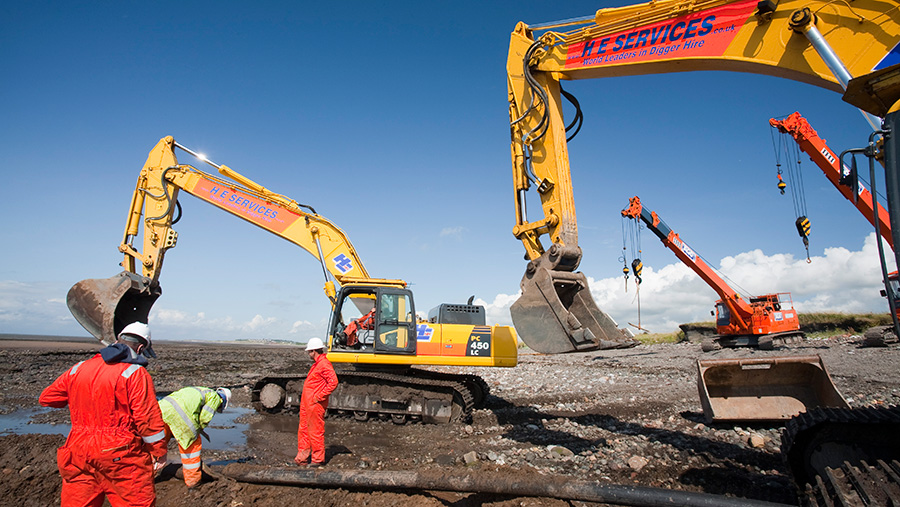Compulsory purchase law changes: What farmers should know
 © Global Warming Images/REX/Shutterstock
© Global Warming Images/REX/Shutterstock The law governing compulsory purchase looks like it is about to change – and in not nearly as bad a way as was feared.
Landowners were worried they would be forced to sell land below market price, after ministers proposed allowing companies building large infrastructure projects to compulsorily buy additional land.
But the publication of the Neighbourhood Planning Bill on Wednesday (7 September) removed this risk, according to the Country Land and Business Association, which has been lobbying the government heavily on this issue.
See also: 4 things farmers should know about compulsory purchase
The organisation, which represents 32,000 landowners, shared the following update on compulsory purchase rules:
New legislation
The Neighbourhood Planning Bill still has to be given royal assent before it becomes law, but now the proposals:
- make it clear any land acquired under the new powers should be for redevelopment and regeneration, therefore removing the prospect of these powers being used to acquire farm or other previously undeveloped rural land
- show that any acquisition of land for housing development must be set out at the point the scheme is proposed and not added to the development at a later stage
- limit the period in which the construction of housing on compulsory acquired land can commence to five years after the major infrastructure project began construction.
See also: Compulsory purchase: How landowners can protect their rights
Changes to interest rate payments
This week the Treasury also changed rules on how much interest should be paid when developers delay payment to landowners.
There is now a floor (set at 0%) below which interest payments cannot fall.
Interest payments had been set at 0.5% below the Bank of England base rate so would have turned negative on the government’s next review date on 30 September without action.
The new better rates of interest have not yet been introduced however.
